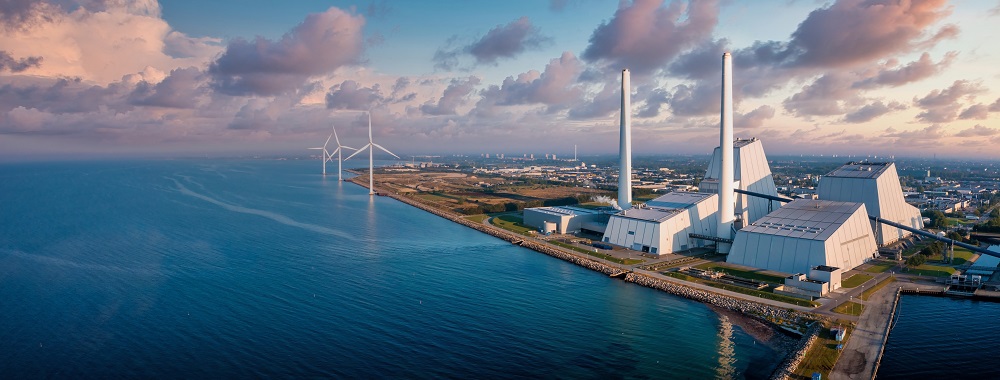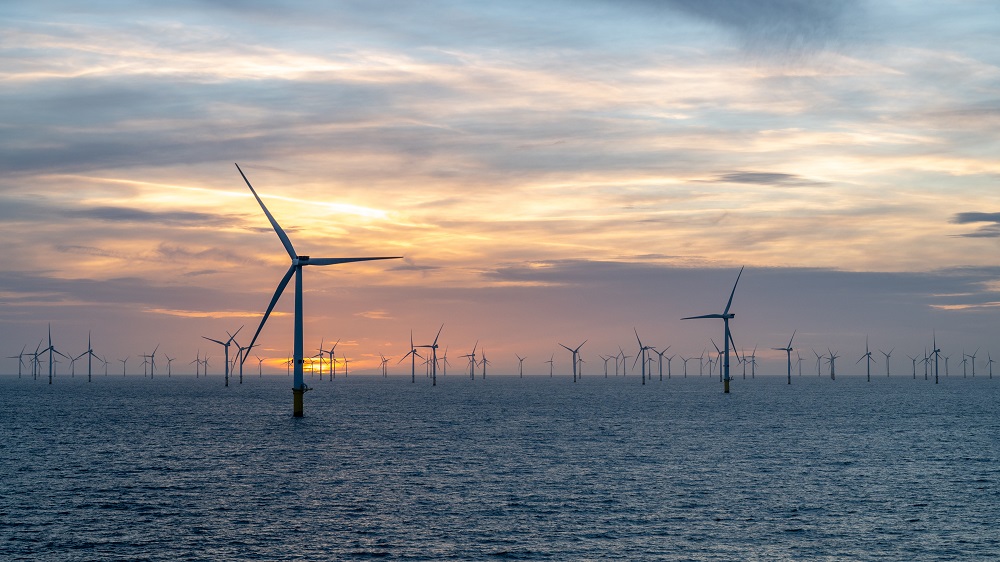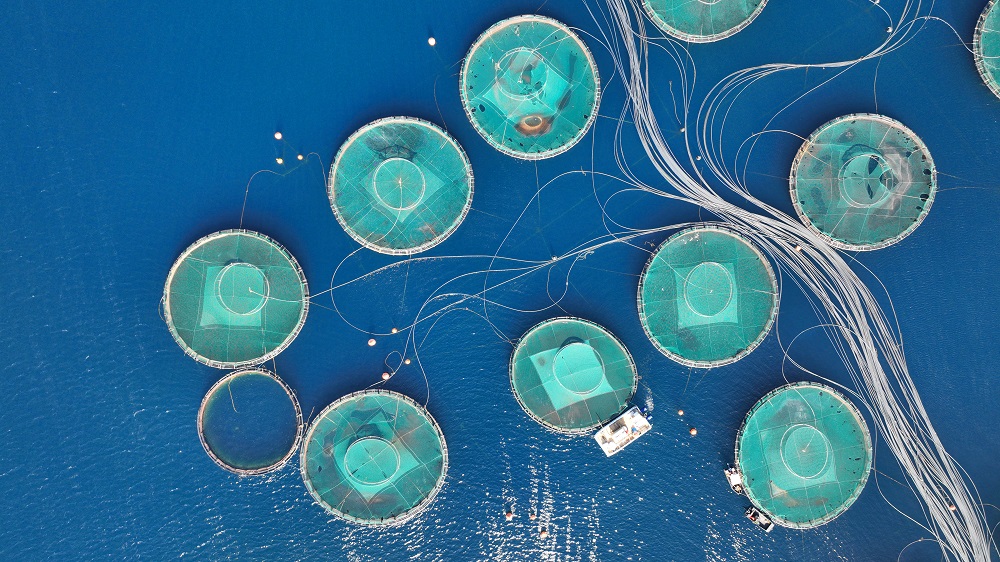So far, most of the E in ESG has focused on persuading companies to reduce their climate emissions—hence the global wave of corporate pledges to reach net zero. Still, there is growing investor interest in the impact of the economy on nature more broadly, says Matt Jones, head of nature economy at the UNEP World Conservation Monitoring Centre. While the focus on climate will remain, momentum is also growing for investments that are net zero, nature-positive and socially just.
This trend will be an essential driver in the push for a zero-pollution ocean. The EU Taxonomy, a classification system for environmentally sustainable economic activities, which is reshaping the way many businesses assess their environmental impact, has until now focused on climate impacts. In 2023 it expects to publish new rules on:
- The sustainable use and protection of water and marine resources.
- The transition to a circular economy, waste prevention and recycling.
- Pollution prevention and control.
- The protection of biodiversity and ecosystems.
The Taskforce on Nature-related Financial Disclosures framework, which will build on its climate-related cousin, will similarly require investors to consider biodiversity and non-climate-related ecosystem impacts, including pollution. It will launch in 2023.










 The scourge of untreated wastewater
The scourge of untreated wastewater Slowing
the chemical tide: safeguarding human and ocean health amid
chemical pollution
Slowing
the chemical tide: safeguarding human and ocean health amid
chemical pollution Hazardous chemicals in plastics - the discussions at INC
Hazardous chemicals in plastics - the discussions at INC




















